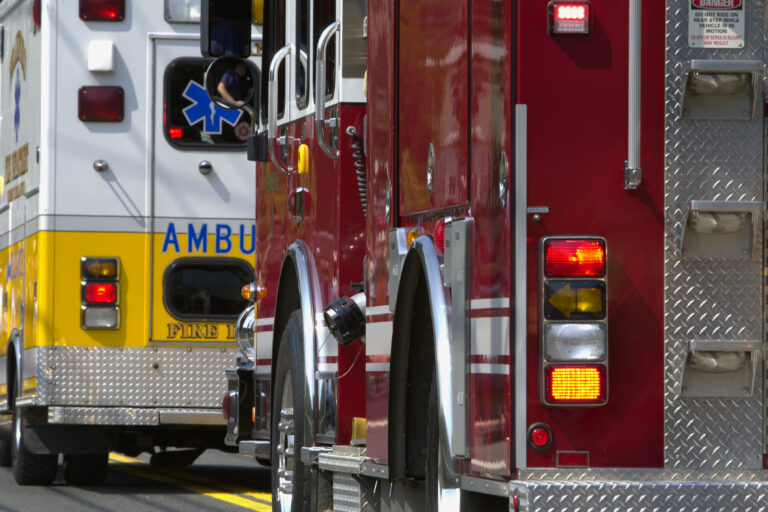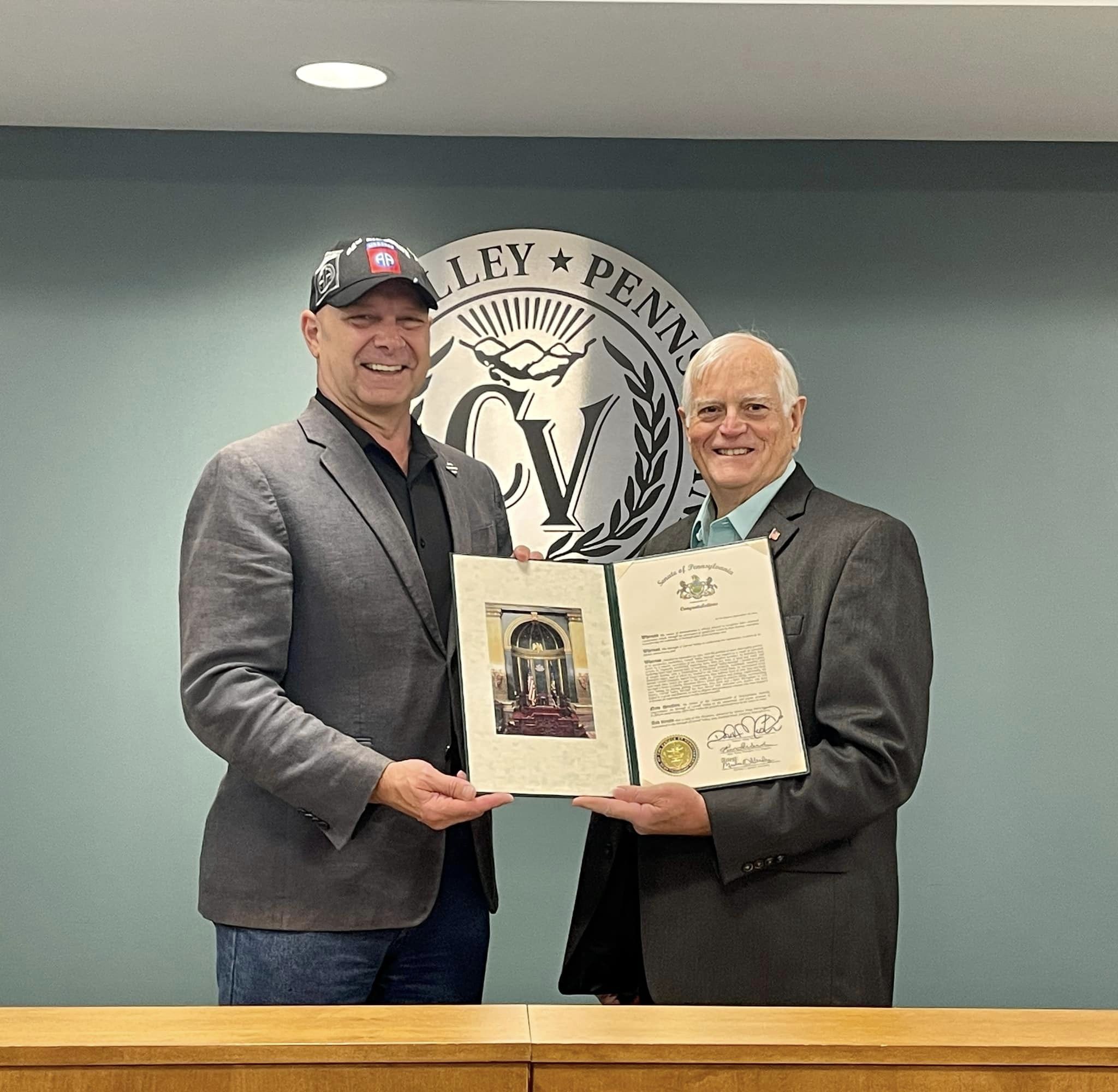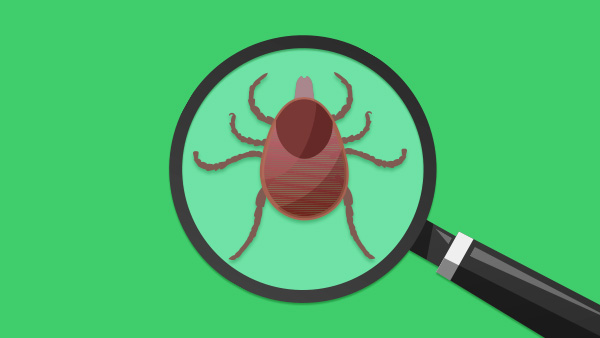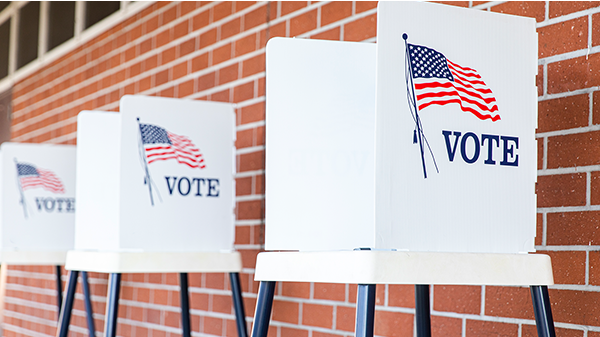
|
|||
|
In this Update:
Securing Line of Duty Death Benefits for All Our Fallen Heroes’ Children
I am always awed by the dedication of those who put their lives on the line to ensure the safety of our communities. We owe them much, though we can never fully repay their service and sacrifice. Pennsylvania is blessed to have so many first responder heroes within its borders. Our state is home to more than 100,000 first responders, including about 10,000 career firefighters and 50,000 volunteers, about 60,000 emergency service professionals who treat life-threatening emergencies and about 30,000 police officers from state, city and county law enforcement agencies. But not all the first responders who live in our state perform their duties in our state. Pennsylvania shares a border with six states: New Jersey, Ohio, West Virginia, Maryland, Delaware and New York. And at its closest point, Virginia is only 42 miles away. From conversations I have had with families, hundreds of first responders are longtime residents of Pennsylvania but, for many reasons, serve communities in other states. First responders like Firefighter Joshua Laird. A resident of Adams County, Joshua loved the fire service and served in several locations throughout south-central Pennsylvania. In 2000, his dream to become a career firefighter came true when he was hired by the Frederick County Department of Fire and Rescue Services in Maryland. Joshua and his family continued to live in Pennsylvania while he protected lives and properties in Maryland for 21 years. Unfortunately, on Aug. 11, 2021, Joshua died in the line of duty while battling a house fire in Ijamsville, Maryland. In Pennsylvania, we provide death benefits to eligible surviving family members of emergency responders, law enforcement and the National Guard in the event of death in the line of duty. Unfortunately, due to an oversight in our state law, families of first responders who perform their duties outside of Pennsylvania, even though the responder is a Pennsylvania resident, are excluded from receiving certain benefits. Despite Joshua being a lifelong Pennsylvania resident, his children were denied benefits through Pennsylvania’s Postsecondary Educational Gratuity Program, which offers educational funding to the children of those who die in the line of duty while protecting others. I have introduced legislation, which I call “Joshua’s Law,” seeking to correct this injustice for all families like Joshua’s. My bill amends the law that created that program to remove the requirement that first responders perform their duties in Pennsylvania for their children to be eligible for the program’s benefits. These first responders live here in Pennsylvania. They vote here, worship here, pay taxes here, their children go to school here – their lives are here, and like many of us, they drive to work. The only difference is they drive into another state, in some cases only a few miles away from their home in Pennsylvania. And sadly, like Joshua, they sometimes fall in the line of duty. We owe it to them to protect and provide for their families no matter where they make that ultimate sacrifice. To view this legislation, please visit the following link. https://www.legis.state.pa.us/cfdocs/billInfo/billInfo.cfm?sYear=2023&sInd=0&body=S&type=B&bn=1339 Senate Citation Presentation to Carol Valley BoroughIt was my honor to present Carroll Valley with an official Pennsylvania Senate Citation to commemorate their recent Founder’s Day Anniversary celebration. PA Families to Receive More Support Saving for the Future
Because of a bill Senate Republicans passed, families saving for educational expenses and costs for those with disabilities could soon have more support from their employers. A tax credit will encourage employers to contribute to their employees’ PA 529 College and Career Savings Program accounts and PA ABLE accounts. Beginning January 2025, employers will receive a 25% tax credit on matching employer contributions of up to $500 per employee per year. The law helps employers offer their employees a significant benefit so they can attract the best workers while receiving a financial incentive themselves. It supports Senate Republicans’ priorities of empowering Pennsylvania families and protecting Pennsylvania jobs. New Law Creates Rape Kit Tracking System
Having received unanimous support from the General Assembly, a bill to establish a statewide rape kit evidence tracking system is now law. Act 122 of 2024 allows survivors to track the status of their rape kits throughout the testing process, from collection to destruction. With this legislation, Pennsylvania joins 35 states and the District of Columbia that have already implemented rape kit tracking systems. It brings Pennsylvania into compliance with the Fairness for Rape Kit Backlog Survivors provision of the recent Violence Against Women Act (VAWA) reauthorization. To comply with VAWA, the law provides a waiver for survivors who file untimely claims for compensation due to delays in rape kit testing. Survivors would not need to undergo an appeal process for consideration of this waiver. Bill Giving Parents Info About Student Tick Removal Now Law
Legislation giving parents the opportunity to access important information about their child’s health was approved by the Senate and is now law. It requires schools to notify a parent or guardian if a tick is removed from a student and provide the tick to them for testing. When discovering a tick on yourself, a family member or a pet, it’s important to send it to the Pennsylvania Tick Research Lab at East Stroudsburg University. For free, the tick can be tested for common illnesses to provide you and your health care provider with valuable information about potential exposure. For more than a decade, Pennsylvania has had more cases of Lyme disease than any other state in the nation. While Lyme disease is reason enough to take precautions, ticks also carry a host of other illnesses with undesirable symptoms. Election Day is Tuesday, Nov. 5
Election Day is on Tuesday, Nov. 5, and polls will be open from 7 a.m. to 8 p.m. If you are in line by 8 p.m., you will be able to vote. If you would like to vote with a mail-in or absentee ballot, your county election office must receive it by Tuesday, Nov. 5, at 8 p.m. Track your ballot to confirm it was received. Any voter who requested to vote using a mail-in or absentee ballot but would prefer to vote in person may do so. Bring the ballot and the envelope to surrender at the polls. If you don’t have those materials, you may vote using a provisional ballot. Call 1-877-VOTESPA (1-877-868-3772) if you experience any issues. Time to Turn Clocks Back This Weekend
Daylight saving time will end at 2 a.m. on Sunday, Nov. 3, so Pennsylvania residents should turn their clocks back one hour before going to bed on Saturday night. Biannual time changes can be a great reminder to check or change the batteries in smoke detectors and carbon monoxide alarms. Smoke detectors and carbon monoxide alarms should be replaced every 10 years and located near bedrooms and on each level of the residence.
For anyone who hasn’t already signed up to receive e-newsletters, you can get on the e-newsletter mailing list here. |
|||
|
|||




2024 © Senate of Pennsylvania | https://senatormastriano.com | Privacy Policy Want to change how you receive these emails? |







